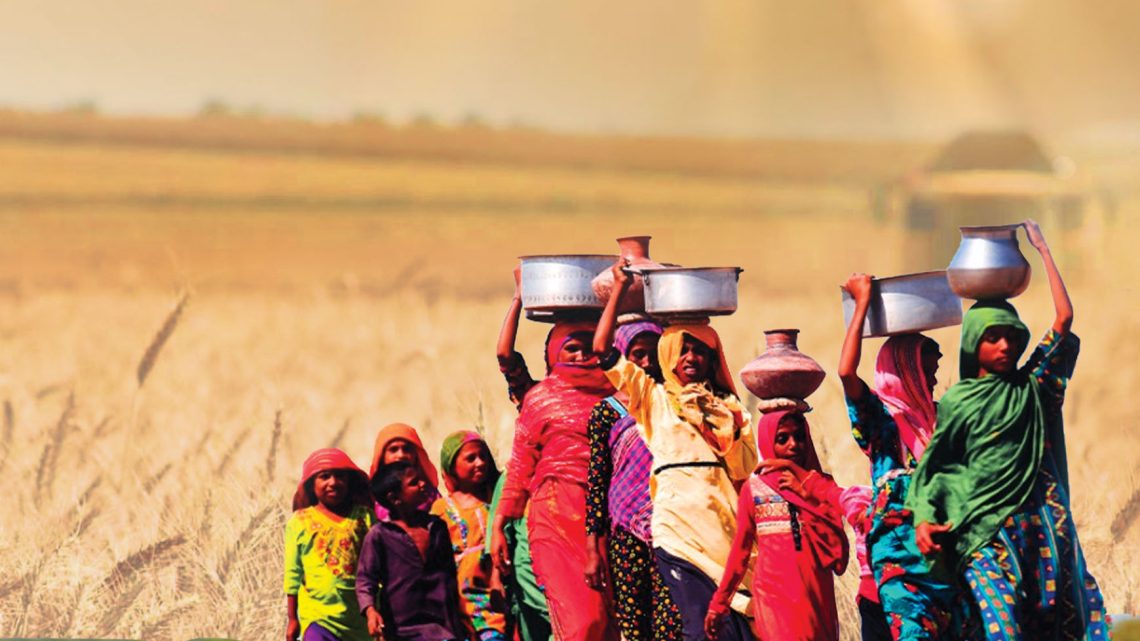
IIOJK Farmers Suffer as Irrigation Crisis Worsens Amid Neglect by Indian Authorities
July 5, 2024Farmers in Indian Illegally Occupied Jammu and Kashmir (IIOJK) are dealing with a severe irrigation crisis. An extended dry spell this summer, compounded by negligence from occupation authorities, has drastically impacted agricultural activities in the district.
Residents of Koil village have expressed deep concern over the acute shortage of irrigation water. This shortage is particularly detrimental to apple orchards in the Karewa region, which span hundreds of kanals of land and rely heavily on consistent irrigation.
A pumping station established in 1984 along the Jhelum River in Larkipora was intended to supply water to Koil and nearby villages. However, this station is now inadequate. Persistent issues such as silt deposition and machinery faults have rendered the station ineffective. Despite repeated appeals, these problems remain unaddressed, leaving the farmers in a precarious situation.
Farmers have criticized occupation authorities for their failure to resolve these persistent issues. They are urging immediate action to ensure a consistent and sufficient water supply, which is crucial for safeguarding their agricultural livelihoods. The ongoing neglect from authorities has only exacerbated the farmers’ plight.
The irrigation crisis in Pulwama is a significant threat to the region’s agricultural productivity. Without adequate water supply, crops and orchards cannot thrive, putting the livelihoods of countless farmers at risk. The lack of response from the authorities highlights a broader issue of neglect and mismanagement in addressing the needs of the local farming community.
Immediate intervention is necessary to address the irrigation crisis. Repairing the pumping station, removing silt deposits, and ensuring the proper functioning of machinery are essential steps. Additionally, long-term solutions such as alternative water sources and improved irrigation infrastructure must be considered to prevent future crises.
To conclude, the irrigation crisis in Pulwama underscores the urgent need for effective action from the authorities. The farmers’ livelihoods depend on a reliable water supply, and without it, the region’s agricultural sector faces severe consequences. Addressing this issue is not only a matter of immediate relief but also crucial for the long-term sustainability and prosperity of IIOJK’s farming community.

